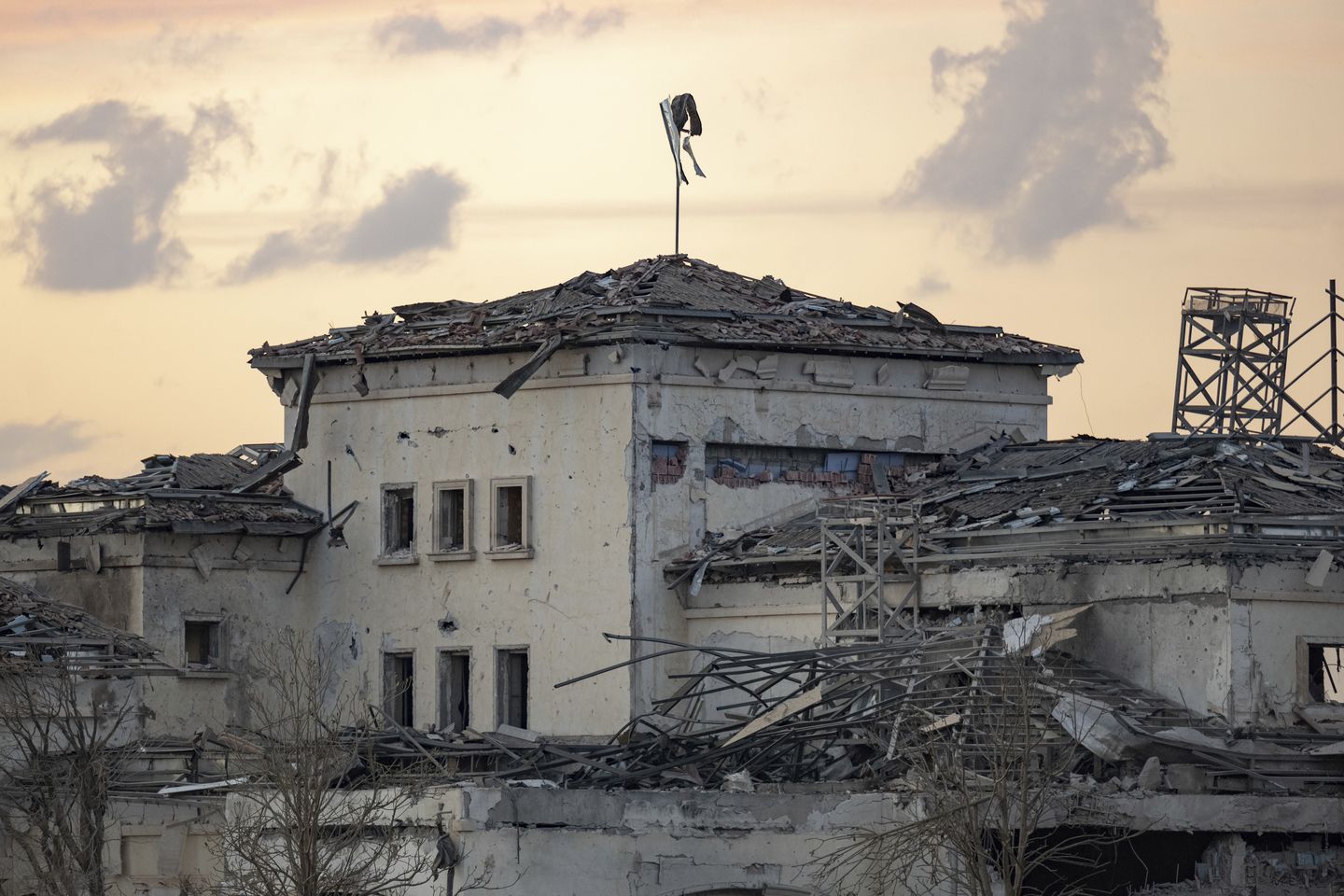

The Biden administration on Wednesday slapped sanctions on an Iranian businessman and his network of companies believed to be a critical supplier for Iran’s ballistic missile program.
The sanctions up pressure on Tehran as President Biden’s attempts to revive stalled talks to revive an Obama-era nuclear deal with the rogue regime.
The Treasury Department said the measure is in response to recent missile attacks in Iraq, Saudi Arabia, and the United Arab Emirates and reflects the U.S. commitment to “preventing the Iranian regime’s development and use of advanced ballistic missiles.”
Brian E. Nelson, the Treasury undersecretary for terrorism and financial intelligence, said the administration still wants to get Iran back in compliance with the nuke deal, which is known as the Joint Comprehensive Plan of Action, or JCPOA. But he said the missile program needed to be curbed.
“We will not hesitate to target those who support Iran’s ballistic missile program,” he said. “We will also work with other partners in the region to hold Iran accountable for its actions, including gross violations of the sovereignty of its neighbors.”
The new sanctions specifically target Mohammad Ali Hosseini and his network of companies. Treasury said the companies were used to funnel propellant materials to the Islamic Revolutionary Guard Corps Research and Self Sufficiency Jihad Organization and Iran’s Parchin Chemical Industries for use in the ballistic missile program.
The administration is also eyeing a return to nuclear talks with Iran that stalled after Russia, an intermediary in the negotiations, invaded Ukraine.
President Trump withdrew from the nuclear agreement in 2018 and reimposed the sanctions that had previously been lifted as part of the Obama-era accord.
Mr. Biden has committed to returning to the deal, and U.S. officials have warned that the administration has just weeks to reach an agreement given Iran’s nuclear development progress.
Tehran has demanded that the administration remove sanctions as stipulated in the original deal in exchange for curbing its nuclear program.
Lawmakers on both sides of the aisle have eyed the administration’s attempts to reenter the deal with skepticism, and have criticized the administration for keeping details of the negotiations close to the vest.
Republicans argued that a return to the deal would not stop Iran’s advance toward a nuclear weapon, and say Iran’s violations of previous agreements should bar any further negotiations.
On Wednesday, Republicans on the House Oversight Committee reemphasized their concerns about reviving talks with Iran.
In a letter to Secretary of State Antony Blinken, the lawmakers said the “ongoing negotiations with Iran raise serious concerns about why the Administration is willing to engage and provide U.S. taxpayer dollars to a country adverse to America’s interest.”
“Iran is a state sponsor of terror, and once in the possession of a nuclear capability, could weaponize it against our nation and our allies,” wrote the lawmakers, who were led by the committee’s top Republican, Rep. James Comer of Kentucky. “The U.S. should not engage in negotiations with such a barbaric regime.”
